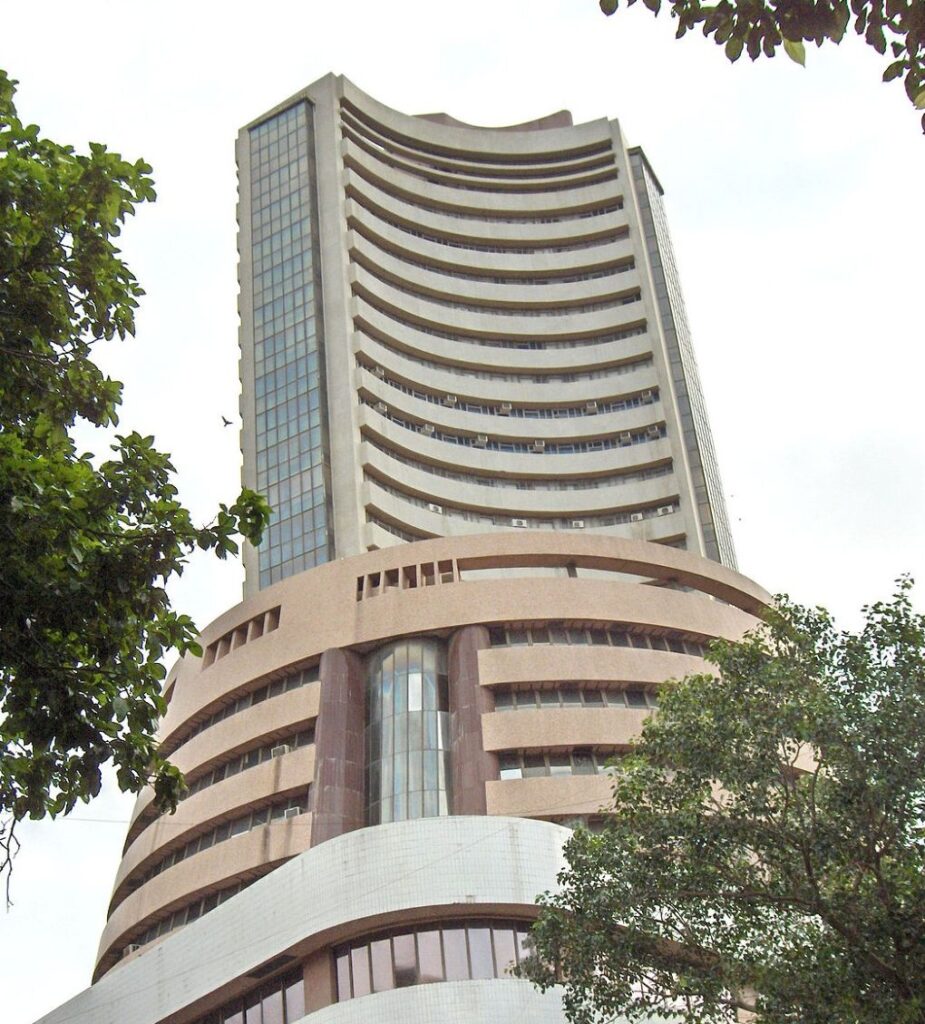Nifty, Sensex See Persistent Decline Amid FPI Selling Pressure

Mumbai (Maharashtra) [India], January 8: The Indian stock markets continued their downward trend on Wednesday, as sustained selling pressure weighed heavily on both indices despite opening with marginal gains.
The Nifty 50 index opened at 23,746.65 points, registering a slight gain of 38.75 points or 0.16 percent. Similarly, the BSE Sensex started the day on a positive note at 78,319.56 points, climbing by 120.45 points or 0.15 percent. However, these early gains quickly faded as the markets faced consistent selling by Foreign Portfolio Investors (FPIs).
Experts have noted that the near-term outlook remains challenging for the Indian markets, with corporate earnings and the upcoming Union Budget expected to play a crucial role in shaping market sentiment.
Ajay Bagga, a noted Banking and Market Expert, highlighted the challenges plaguing the markets. “Indian markets are grappling with lowered GDP growth estimates of 6.4 percent for FY2025, compared to 8.2 percent in FY2024. Additionally, major financial institutions have provided moderate operating updates for the October-December quarter, contributing to ongoing FPI selling in key sectors like financials. The overall mood remains cautious, and a turnaround will largely depend on individual corporate earnings and the Union Budget,” Bagga explained.
Sector-wise, selling pressure dominated, with only Nifty Pharma and Nifty Oil and Gas showing gains during the opening session.
Among the Nifty 50 stocks, 13 opened with gains, while 37 saw declines, and one stock remained unchanged at the time of this report. Top gainers included Dr. Reddy, ONGC, Reliance, Cipla, and Maruti. Conversely, the biggest losers were Trent, Shri Ram Finance, Adani Ports, BEL, and Tech Mahindra.
Commenting on the market trends, Akshay Chinchalkar, Head of Research at Axis Securities, noted the technical patterns observed in the previous session. “The Nifty’s rally yesterday traced a bullish harami pattern, but the long upper shadow indicates ongoing nervousness. Bulls need to push the market above the previous high of 23,795 to validate this formation. Moreover, the resistance area created by the falling 100-day and rising 200-day averages, between 23,915 and 24,100, poses a challenge. This resistance coincides with the high concentration of the 24,000-call strike for this week’s expiration,” Chinchalkar explained.
On the global front, Asian markets exhibited a mixed trend during Wednesday’s opening. South Korea’s KOSPI index surged by more than 1.2 percent, and Singapore’s Straits Times rose by 0.5 percent. However, other markets remained under pressure, with Hong Kong’s Hang Seng index down 1.3 percent, China’s Shanghai Composite dropping by over 1 percent, and Japan’s Nikkei 225 falling 0.35 percent.
While the domestic markets struggle with selling pressure and cautious sentiment, all eyes remain on the upcoming corporate earnings season and the Union Budget to provide a much-needed boost.








